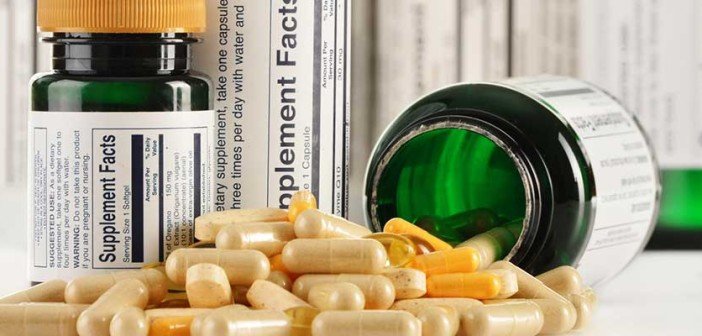FDA Attacking Supplements to Boost Alzheimers Drug Sales?
At the present time, Eli Lilly has a potential blockbuster drug for Alzheimer’s in the third and final phase of FDA trials. Currently called solanezumab, if approved it could bring in $7.6 billion in sales by 2024—and that might be a conservative estimate. This is despite evidence the drug doesn’t work that well, at least in later stages of the disease. But if it can be shown to have some benefit for the early stages, that could be enough to make it a huge moneymaker and turn around Eli Lilly’s earnings. The stock has already risen on the prospect. Biogen also has an Alzheimer’s drug in trials. The drug companies view Alzheimer’s as one of their very best potential markets. Meanwhile, natural therapies are already showing great promise against Alzheimer’s. We covered some of this in an earlier article. Since then, Dale Bredesen, MD, who works at the Center for Alzheimer’s Disease Research at UCLA, has published a paper reporting success with natural therapies in treating nine out of ten patients. The thrust of Bredesen’s thesis is that as powerful as natural therapies are, they are even more powerful when individualized to the patient, an idea which is complete anathema to the drug companies and their allies at the FDA. More importantly, use of natural therapies could undercut potential drug profits. Is this why brain supplements are suddenly under attack? Does the FDA want to clear away competition for the new drug?




